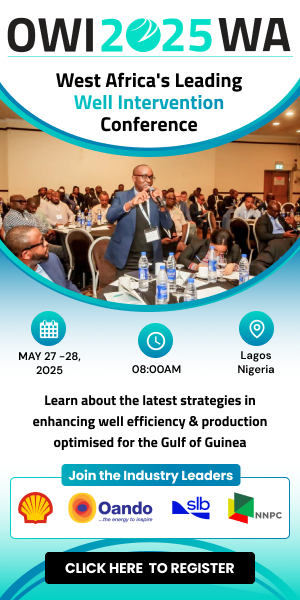Ivanhoe Mines announces record copper production at Kamoa-Kakula, DRC, and increased power supply
Ivanhoe Mines executive co-chairman Robert Friedland and president and CEO Marna Cloete have announced that the Phase 1, 2, and 3 concentrators at the Kamoa-Kakula Copper Complex in the Democratic Republic of the Congo (DRC) achieved a combined monthly production record of 50,176 tonnes of copper in concentrate during April. The concentrators processed 1.35 million tonnes of ore with an average feed grade of 4.19% copper.
The newly ramped-up Phase 3 concentrator exceeded its design rate, achieving a recovery rate of 87.4% in April, surpassing its 86% target. Since mid-March, copper production has increased to an average of approximately 12,000 tonnes per week, which equates to an annualised production rate of roughly 625,000 tonnes, exceeding the midpoint of 2025 production guidance by about 12%.
Power boosts production
This outperformance was supported by initiatives in the first quarter that enabled the Phase 3 concentrator to be consistently fed at higher rates. In the first quarter, Phase 3 milled a record 1.51 million tonnes of ore, equivalent to an annualised milling rate of 6.1 million tonnes, more than 20% above its design capacity of 5 million tonnes per year.
The DRC operation reached a significant milestone in the first quarter, with a notable increase in imported hydroelectric power, which gave Kamoa-Kakula’s management the confidence to proceed with the final commissioning of the smelter. The start-up of the new on-site copper smelter is expected in the coming weeks.
During the first quarter, power demand for the Phase 1, 2, and 3 operations ranged from 130 MW to 140 MW. At the start of March, Kamoa-Kakula was drawing 50 MW from domestic hydropower and another 50 MW from imported sources. The remaining power was provided by on-site, diesel-generated backup power, with a capacity of around 160 MW. Power requirements for the smelter will increase gradually, from 45 MW during the first concentrate feed, to 70 MW once at full capacity.
In March, a power agreement was reached to increase imported hydroelectric power via the Zambia-DRC interconnector, resulting in an additional 20 MW, which increased to 70 MW by April. Combined with about 50 MW of domestic hydropower, Kamoa-Kakula now has around 150 MW of stable hydropower, enough to power the Phase 1, 2, and 3 operations. Further increases in grid power are expected throughout 2025 as the smelter ramps up. The extra power will be largely sourced from Mozambique via a wheeling agreement through the Southern Africa Power Pool network.
As previously announced, wet commissioning of Turbine #5 at Inga II, with a generation capacity of 178 MW, is expected to begin in the second half of 2025. Once commissioned, Kamoa-Kakula will receive an additional 71 MW of hydroelectric power, which will increase to 178 MW as grid improvement initiatives are completed in 2026.





















